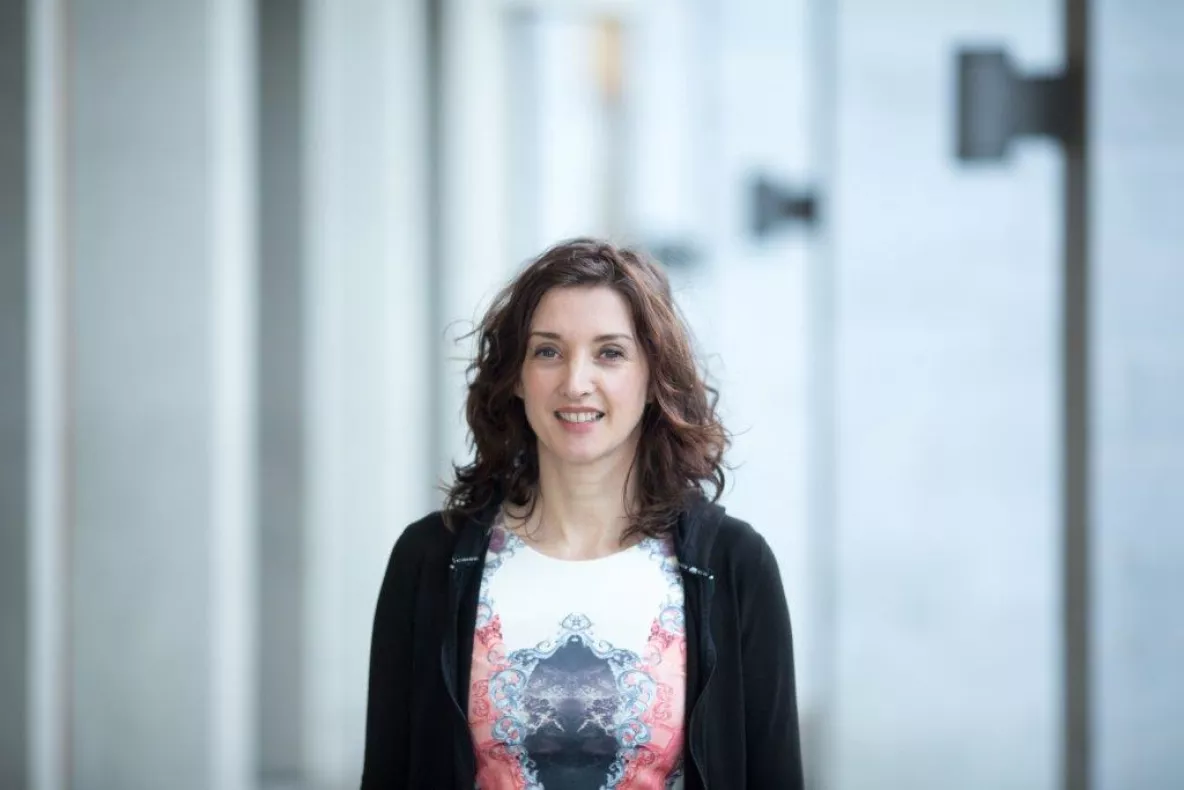
A researcher at the University of Limerick is to play a key role in a project that has been awarded more than €1m in funding to improve cultural inclusion across Europe.
Dr Aileen Dillane, a lecturer at the Irish World Academy of Music and Dance at UL, is the principal investigator in a transnational research project aimed at gaining a deeper understanding of public spaces in Europe.
The project has been awarded €1,030,219 from a joint research programme coordinated by Humanities in the European Research Area (HERA), the Irish Research Council announced this Thursday.
Dr Dillane, an ethnomusicologist and Irish traditional musician who is course director of the MA in Irish Music Studies at UL, will work on the ‘FestiVersities’ project, which focuses on how the ‘festivalisation’ of a public space can make it more welcoming and encourage different behaviours.
Dr Dillane is part of an international team of five researchers who are aiming to inform European policy on how festivals can be deployed more effectively to improve cultural understanding and inclusion under the three year project entitled FestiVersities: European Music Festivals, Public Spaces and Cultural Diversity.
It is a comparative study of music festivals as potential public spaces that afford encounters with diversities.
“It’s a project that brings all my interests together in terms of performance, music-making and meaning, diversity and minority representation and should ideally inform best practice when it comes to staging all aspects of music festivals in Europe, where the need to tackle social and cultural inclusion in public performance and consumption spaces is crucial,” explained Dr Dillane, who will conduct fieldwork research as a result of the funding.
Professor Helen Kelly-Holmes, Dean of the Faculty of Arts, Humanities and Social Sciences at UL, said this was “the latest in a series of European funding successes for Arts, Humanities and Social Sciences researchers at UL. Three projects from across the Faculty based on strong European connections made it to the final stages of HERA.
“I’m delighted that Dr Aileen Dillane’s project has been successfully funded in a highly competitive process. It is innovative, collaborative and community-based - all hallmarks of our approach to distinctive research,” she added.
Two other Irish principal investigators - Bernadette Quinn of Technological University Dublin and Ailbhe Kenny, Mary Immaculate College, Limerick - will also participate in projects receiving €1m each from HERA, with 20 projects in total across Europe funded under the theme ‘Public Spaces: Culture and Integration in Europe’. The Irish researchers’ participation is funded by the Irish Research Council, a founder member of the HERA network.
Minister of State for Training and Skills John Halligan T.D. said: “Developing close ties with our European counterparts is extremely important – now more than ever - and it is fantastic to see Irish researchers collaborating as part of transnational research teams. With the theme of ‘Public Spaces’, I look forward to the research outcomes of the programme and seeing how we can understand and interact with our own public spaces better – making them more inclusive for all cultures and ethnicities.”
Peter Brown, Director of the Irish Research Council, said: “Collaboration with researchers from across the continent will add greatly to the depth of understanding and knowledge and the overall research output, as well as it being a fantastic opportunity for them to network with peers in similar fields in Europe.”
LISTEN: Dr Aileen Dillane speaks to the UL Research Impact Podcast series about her work and the project.